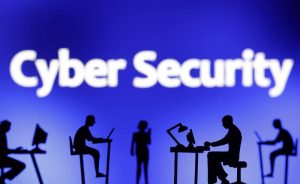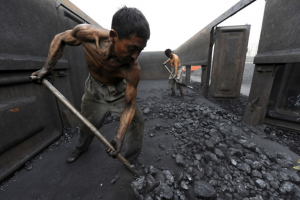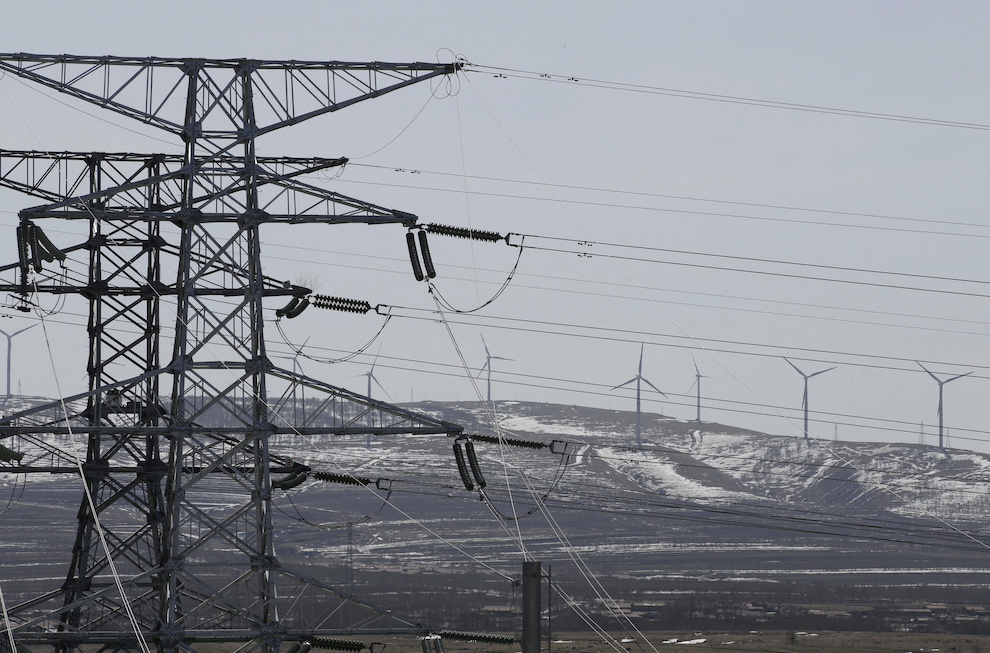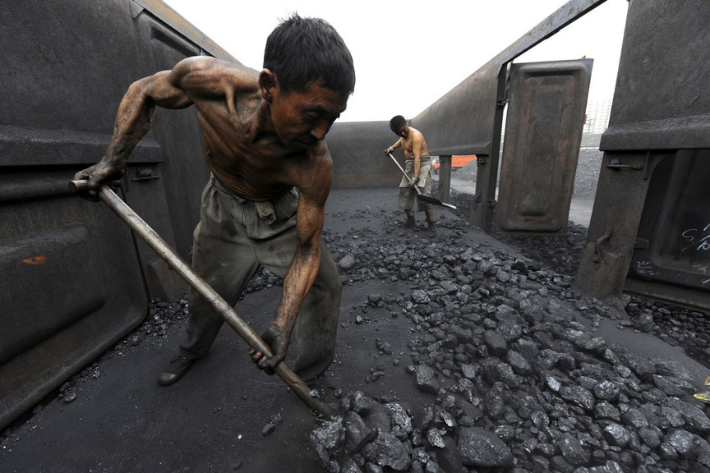China’s economic slowdown and years of intensifying trade tensions have hit foreign companies that set up businesses on the mainland and in Hong Kong.
For many, the good times are over – business in China has changed dramatically because of its fragile economy and sluggish consumer demand. The economic slump has forced executives to rethink their strategies to compete with rising local rivals.
From carmaker BMW to Uniqlo owner Fast Retailing and furniture giant IKEA, global companies have soured on China’s outlook, with some withdrawing earnings guidance and others resigned to a new “normal.”
ALSO SEE: US-China Tensions Rise Amid Disputes on Rare Earths and Trade
Their gloomy guidance illustrates how China’s market, overshadowed by a trade war, fierce price competition, rising nationalism and cost-conscious consumers, is becoming a major drag for many businesses already pressured by higher US tariffs.
“We need to find smarter ways of producing so the prices become even more competitive, and we need to learn to be even more relevant for the Chinese market,” said Jon Abrahamsson Ring, CEO of IKEA franchisor Inter IKEA, adding that consumer confidence in China remained a challenge.
Carmakers hit hard
With price wars and US tariffs, foreign carmakers in China are among the hardest hit.
Along with BMW, Mercedes-Benz and Porsche reported sliding sales in the world’s largest auto market amid intense competition.
Underscoring the importance for firms to rethink their China business, Nestle, the world’s largest packaged food company, said it needed to focus more on driving consumer demand.
ASML, the world’s biggest supplier of computer chip-making equipment, warned of Chinese demand dropping “significantly” next year and described a fall in sales in China as a “normalization.”
In further signs of China troubles, Micron plans to stop supplying server chips to data centres in the country.
A shift in spending patterns is also hurting global retailers, with frugal consumers flocking to online platforms such as Alibaba’s Taobao for discounted prices.
At Uniqlo owner Fast Retailing, sales and profit fell in China, its largest market with 900 stores, even as its North America revenue rose 24%.
Nike reported a sales drop for the fifth quarter in the Greater China market, amid stiff competition from domestic brands including Anta and Li Ning.
It recently sent US basketball stars LeBron James and Ja Morant to China to lure consumers.
In the alcohol sector, Australia’s Treasury Wine Estates pulled its earnings guidance for 2026 due to weak sales of its flagship Penfolds wines in China, citing changing alcohol habits and fewer large-scale banquets.
French spirits maker Pernod Ricard said sales in China plunged 27%.
Persistent deflation
Some firms appear to be holding up, most notably in luxury in China, which accounts for roughly a third of global sales.
LVMH reported better-than-expected third-quarter sales underpinned by improved Chinese demand, saying shoppers responded well to new store experiences, like the ship-shaped Louis Vuitton boutique in Shanghai.
“What we see is whenever we are bringing an initiative or an innovation or a new retail disruption initiative, it creates immediately… interest and excitement and consumers respond very quickly,” LVMH CFO Cecile Cabanis said.
China’s persistent deflationary pressure supports the case for more policy measures as weak demand and trade tensions drag on the $19 trillion economy.
Chinese GDP growth and retail sales data on Monday, plus a string of earnings from global companies will provide investors with more insight into the health of the world’s second-largest economy.
Cheaper local products
Adding to the mounting challenges for global brands is the fast rise of cheaper home-grown alternatives for almost everything from cars to coffee and fashion.
Chinese brands accounted for 69% of total car sales in China in the first eight months of this year, versus 38% in 2020.
Some household names include Luckin Coffee, which competes with Starbucks, ice-cream and drinks chain Mixue, which is causing headaches for Haagen-Dazs with cheaper offerings, and beauty and cosmetics brands Proya and Chando, which have captured market share from global players.
In general, people pay 9.9 yuan ($1.4) for a latte from Luckin, less than a third of the cost at Starbucks.
The market share of Chinese cosmetics brands is expected to exceed that of foreign brands for the first time in 2025, reaching 50.4%, according to Frost & Sullivan.
Urban Revivo, known as China’s Zara rival, is among a growing cohort of domestic firms looking to expand overseas.
Another star is jewellery retailer Laopu Gold, often called the “Hermes of gold”, whose shares have soared 214% this year. It draws deeply from Chinese cultural heritage and has proven a hit with consumers.
Frost & Sullivan says 77% of Laopu’s customers also shop at Louis Vuitton, Hermès, Cartier, Bulgari and Tiffany & Co.
Nestle, which said it had focused too much on distribution in China and not enough on consumers, is changing its strategy.
“What you see in China is us correcting that and actually to consolidate our distribution and make it more efficient, while we build this consumer demand,” said CFO Anna Manz.
- Reuters with additional editing by Jim Pollard
ALSO SEE:
China Starts Collecting Tit-For-Tat Port Fees On US-Owned Ships
Chinese Firms May Soon Need To Transfer Tech To Invest In Europe
Chinese EV Firms Invest More Abroad Than At Home For First Time
EU Set to ‘Hit China With 20 Anti-Dumping Probes’
China Steps up Checks on Nvidia AI Chips at Major Ports
China Ditching European Telecom Tech, EU Slow to Respond
China Plays Rare Earths Card in EV Tariff Negotiations With EU
BYD Plants Seen Generating Big Sales in Europe, South America






















